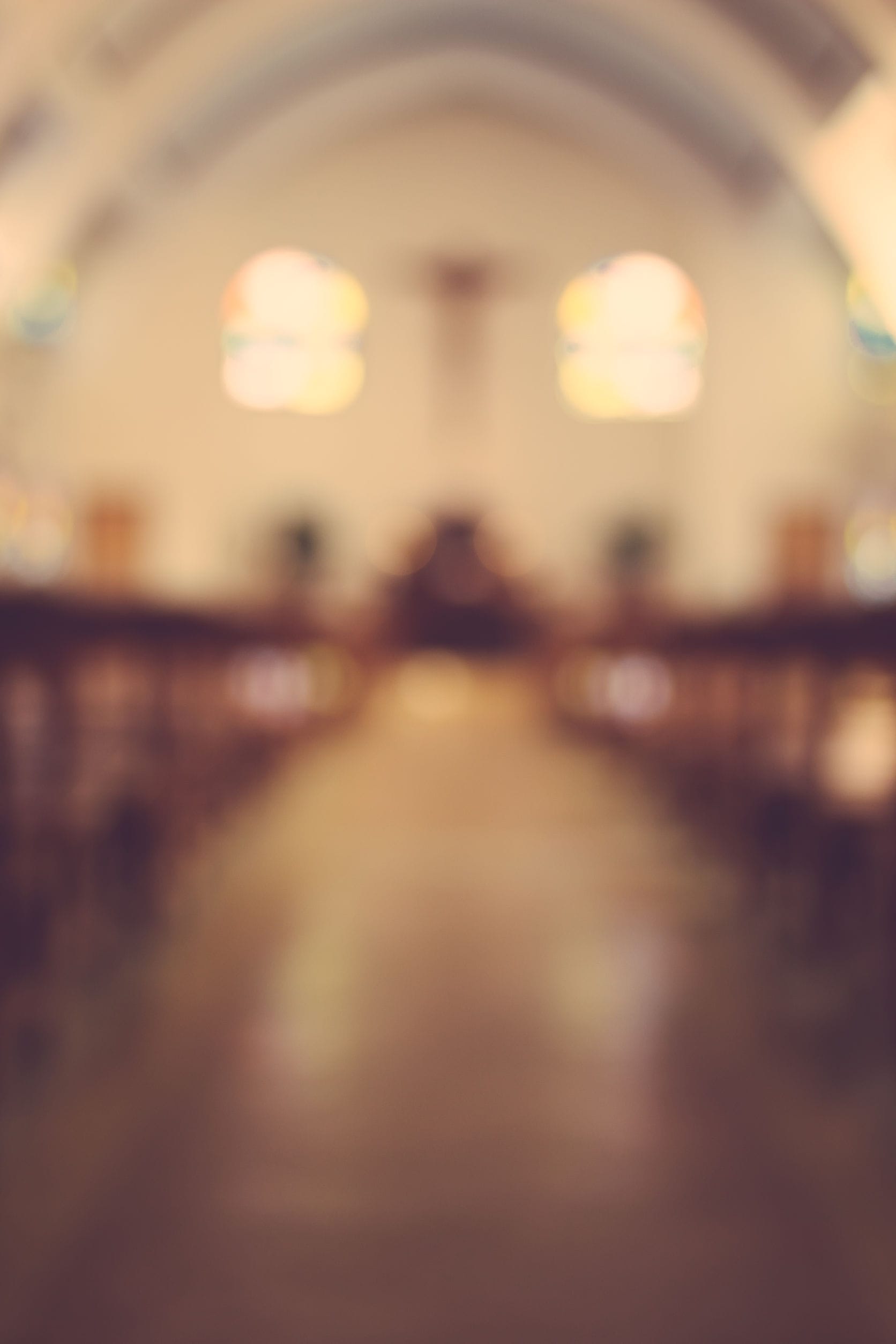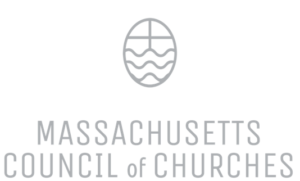Dear Church,
Peace to you, in the days when dusk falls early. As we wait for the Advent of the Lord, may the light of Christ glow in your hearts and homes.
In the days since the presidential election, many of us have become acutely aware of the deep and seemingly insurmountable divisions of the Body of Christ in the United States. Our country isn’t suddenly racist, sexist,homophobic, classist, anti-Semitic, Islamophobic and xenophobic, but this election season and increased hate crimes have exposed the depth of the divide. Many of you knew that all along.
We say now what has always been true: our churches are divided, and our country is divided. We also proclaim this truth: The Church of Jesus Christ is one. In these days, we cling again to the radical unity in Jesus Christ promised to all the baptized. We cleave to this powerful, counter-cultural Christian unity as our birthright and our mission. We do not promote an easy unity, which glosses over real pain, differences, and divisions. We do not call for a false reconciliation, nor do we promote a political unanimity. Instead, we hew to the unity of our common identity as “the Body of Christ, and individually members of it” (1 Cor 12:27). We believe this moment for our country and the Church in the United States asks us to look even more honestly at the nature of our divisions.
And so, we make these commitments for the days ahead:
- We will look again at the log in our own eye, before calling out the splinter in our neighbor’s (Matt. 7: 3-5). We have a proud and complicated history; but in truth, Massachusetts Council of Churches has been a council of some, and not all, of the churches. Only white, Protestant “gentlemen” were present at the founding of the Massachusetts Federation of Churches. We were founded at a time when white, mainline Protestants were anxious about new immigrants, specifically Irish and Italian Roman Catholics. By 1908, the African Methodist Episcopal Church was a member of the Massachusetts Federation of Churches, but we have not always listened to or valued the experiences of the black Christians in the Commonwealth. We have not always listened to the whole of the Church, specifically Orthodox, Roman Catholic, Evangelical and Pentecostal Christians. The Massachusetts Council of Churches was pan-Protestant until 2002, when the Greek Orthodox joined and the Armenian Orthodox shortly thereafter. We long for a council of churches that gathers the whole of the Body of Christ. We vow that we will not let our anxiety about the Church’s role in public life prompt us to make the table any smaller. In our mutual need of one another, we vow to continually seek out Christians from traditions that have not historically been welcomed at this table.
- We will listen to the pain in the Body of Christ, and prioritize the vulnerable parts. Many parts of the Body, and our country are in pain. We long for a Christian unity rooted in our common humanity, where each person is treated with equal dignity and all have paths to human flourishing. No person is illegal. No person is deplorable. No person is dispensable. St. Paul admonished: “The eye cannot say to the hand, ‘I have no need of you,’ nor again the head to the feed, ‘I have no need of you.’ On the contrary, the members of the body that seem to be weaker are indispensable” (1 Cor 12:21-22). We vow to listen to the “weaker” parts of the body, and should the moment arise, advocate with vulnerable parts for equal dignity and an equitable path to human flourishing. We borrow the wisdom of poet Maya Angelou who said, “there is no greater agony than bearing an untold story inside you,” as our mandate to invite and listen for untold stories of suffering. Every person deserves to live without harassment and bigotry. We believe God can hold all of our pain. Yet in this moment, some parts of the Body are more vulnerable to policies and activities that threaten their fundamental dignity, humanity, and worth.
- Finally, we vow to continue to build a network of diverse Christians devoted the mutual need and delight in one another. When we get to know one another, when we get to love one another, we are compelled to walk together on the way. As we continue to build this network, we vow to go with you.In recent days, hate crimes have increased in Massachusetts, and across our country.White supremacist graffiti has been found on Mount Tom and Billerica.The mayor of Holyoke has received hate mail because of his sexual orientation. A Natick resident received hate mail with racial slurs and threats of violence.A woman presumed to be an immigrant was assaulted on the train in Boston. Racist graffiti and words of support for the president-elect were found at a school in Attleboro. We hear from our Muslim, and Jewish and immigrant colleagues the depth of their fear.In the post-Resurrection chapters of John, the disciples return to their work. Simon Peter says “I am going fishing.” The disciples respond “we will go with you.” Together, they cast out into the waters.In these post-election days, we hear anew how important it is to say, and then act: “we will go with you.”
For some Christians, this past Sunday commemorated “Christ the King.” By naming Jesus Christ as our King, we claim ourselves first as citizens of heaven, before any other national loyalty. This Sunday recalls the Reign of Christ, who is sovereign regardless of who is elected. We receive the gift of these traditions as a reminder of our ultimate loyalty and identity.
We welcome your thoughts and feedback. We are a network of individuals, congregations and denominations convinced that what binds us together in Christ is stronger than anything that divides us. We are bound together not by political party, but by our kinship in Christ
In hope,
Mr. Anthony Barsamian, Esq.
President
Massachusetts Council of Churches
Rev. Laura Everett
Executive Director
Massachusetts Council of Churches



